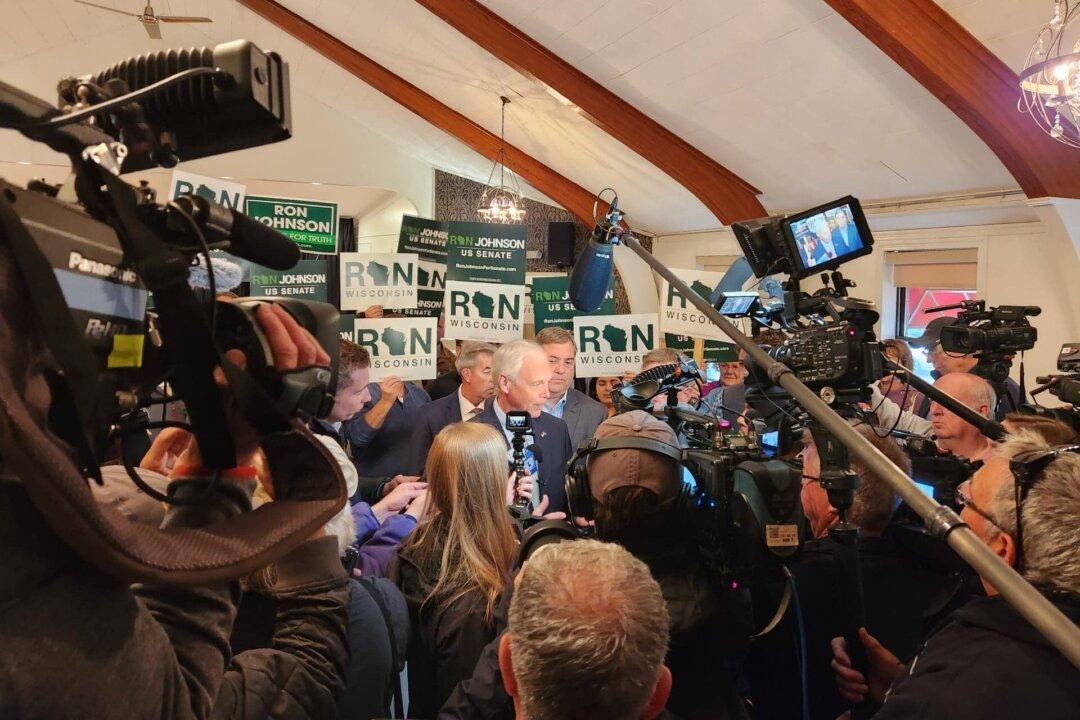With frequent comments about the topic from gubernatorial and Senate candidates, and multiple legal rulings announced this week, election integrity remains front and center in Wisconsin as the Nov. 8 election day draws closer.
Wisconsin Republican gubernatorial candidate Tim Michels drew attention earlier this week when he told a group of supporters at a campaign stop that “Republicans will never lose another election in Wisconsin after I’m elected governor.”





